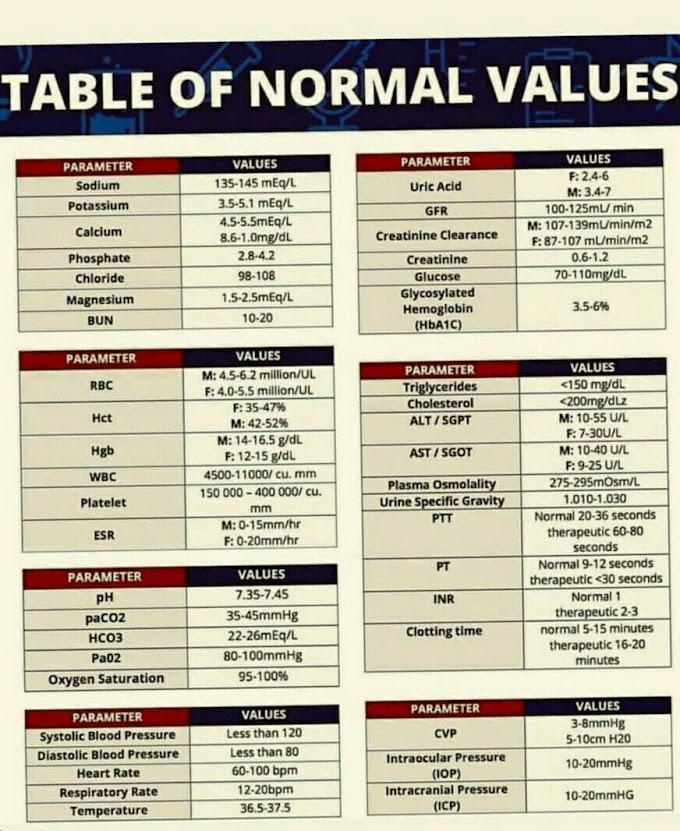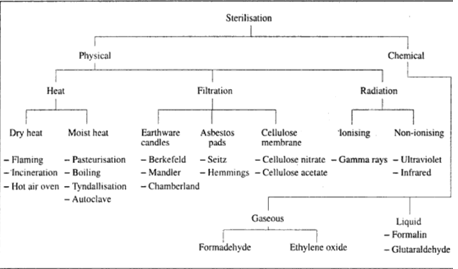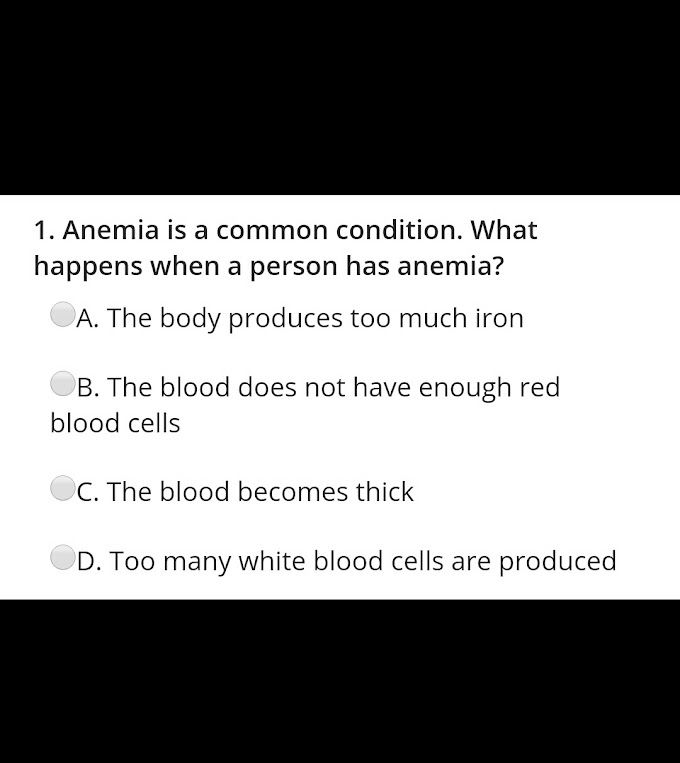BIO-CHEMISTRY- :- Blo-chemistry Imparts knowledge of basic chemical components Le carbohydrates, proteins, lipids, vitamins, minerals etc. which are very important for various biochemical reactions going on in human body. Disturbance in various normal biochemical reactions may result during disease process. Therefore, their study helps in diagnosis of disease
1. TERMS - NORMAL SOLUTION, MOLAR SOLUTION, SATURATED SOLUTION, UNSATURATED SOLUTION AND BUFFER SOLUTION.
2. PREPARATION OF SOLUTION - NORMAL, MOLAR, SATURATED, UNSATURATED AND BUFFER.
3. CLEARING - GLASS WARES
4. PIPPETS: - TYPES AND USE OF PIPPETS.
5. PH-DETERMINATION OF UNKNOWN
6. CALORIMETER: TYPES COMPONENTS USE AND MAINTENANCE.
7. DISTILLATION – WATER
8. PROTIENS - AMINO ACIDS, ESSENTIAL AMMINO, PROTIENS, DENATURIATION OF PROTIENS, METABOLISM FORMATION OF UREA, CREATININE etc. DETERMINATIONOF PLASMA PROTIENS (ALBUMEN, GLOBULIN, and FIBRINOGEN) BLOOD UREA, URIC ACID & CREATININE 9. NUCLEIC ACIDS - DNA, RNA, AND THEIR IMPORTNACE.
10. CARBOHYDRATES - CLASIFICATION, PROPERTIES METABOLISM, DEIFNITION OF GLYCOLYSIS, GLYCOGENELYSIS, GLUCONEGESIS AND HORMONAL REGULATION OFBLOOD SUGAR. DIABETES MELLITUS KETOSIS, GLYCOURIA, WATER AND MINERAL METABOLISM, DETERMINATION OF BLOOD GLUCOSE, GTT & INSULIN TOLERANCETEST
11. LIPIDS - DEFINITION, CLASSIFICATION, STERIODS, METABOLISM, TRIGLYCERIDES, CHOLESTROAL, PLASMALIPOOPROTIENS-KETONE DODIES AND KETOSURIA DETERMINATION OF SERUM CHOLESTROL, HDL, LDL, VLDL & TRIGLYCERIDES.
12. ELECTROLYTES IN BODY FLUIDS - SODIUM, POTASSIUM, CALCIUM, PHOSPHORUS & CHLORIDES-DETERMINATION & CLINICAL SIGNIFICANCE.
13. ENZYMES - ASSAYS IN CLINICAL LABORATORIES: - (a) CREATINE KINASE, (b) PHOSPHATASE (ACID & ALKALINE), (c) TRANSAMINASE (SGOT & SGPT), (d) AMYLASE.
14. JAUNDICE - DEFINITION AND ITS TYPES, ESTIMATION OF SERUM BILIRUBIN (TOTAL DIRECT & INDIRECT) AND ITS MEDICAL IMPORTANT
15. LIVER FUNCTION TEST (LFT: - AND SERUM BILIRUBIN ESTIMATION (TOTAL DIRECT & INDIRECT) AND ITS MEDICAL IMPORTANT. AND THAIR PROCEDURE AND PURPUSE
16. RENAL FUNCTION TEST (RFT). -. Kidney function tests, urine formation, normal and abnormal constituents
17. HORMONES - DEFINITION & FUNCTIONS OF SOME IMPORTANT HORMONES. RADIOISOMETRIC ASSAYS FOR T3, T4 & TSH.
Biochemical examination of body
fluids - CSF, pleural, ascetic fluid. Candidate must be given
practical training in clinical biochemistry lab.
1. Hanging
drop preparation
2. Biochemical reaction - Inoculation and
interpretation.
3. Antibiotic sensitivity tests.
4. Collection of blood for culture sensitivity.
5. Collection of skin scrapping for fungus - KOH
and lacto phenol preparation.
Bio-chemistry. –THEORY PART
- Digestion, absorption and assimilation of carbohydrates, blood sugar, regulation of blood sugar glycolysis, TCA, Cycle, glycogenesis, glycogenolysis, GTT, metabolic ciated with carbohydrate metabolism, diabetes mellitus, glycated hemoglobin.
- Digestion, absorption of proteins, amino acids, urea formation, and formation of creatinine, metabolic, disorders associated with amino acid metabolism, electrophoretic separation of proteins
- Digestion and absorption and assimilation of lipids, ketone, bodies formation metabolic disorders associated with lipids, cholesterol and lipoprotein metabolism.
- Metabolic disorders associated with nucleic acid metabolism, gout etc.
- Liver function tests and different type of jaundice
- Cardiac profile tests application and significance.
- Pancreatic enzymes and diagnostic importance.
- Chemistry of blood, composition and importance of different constituents,
- Hemoglobin - biosynthesis, porphyrias.and its composition and diagnostic significance.
- Constituents of gastric juice and diagnostic importance.
- Principles of special investigation like RIA, ELISA and chemiluminescence.
- Normal values, normal range, interpretative clinical chemistry,
- quality controls -Internal and external
- Automation in clinical investigation - Auto and semi analyzers, continuous flow analyzers, discrete analyzers, batch analyzers random access auto analyzer, dry chemistry analyzers - Reagents kits.
- Recording of patients date, reporting values, preparation of








If you have any queries related medical laboratory science & you are looking for any topic which you have have not found here.. you can comment below... and feedback us if you like over work & Theory
.
Thanks for coming here..